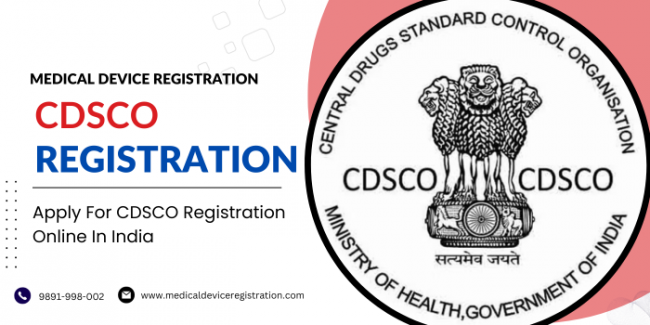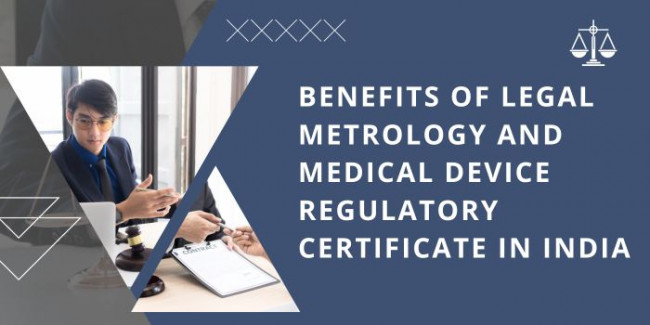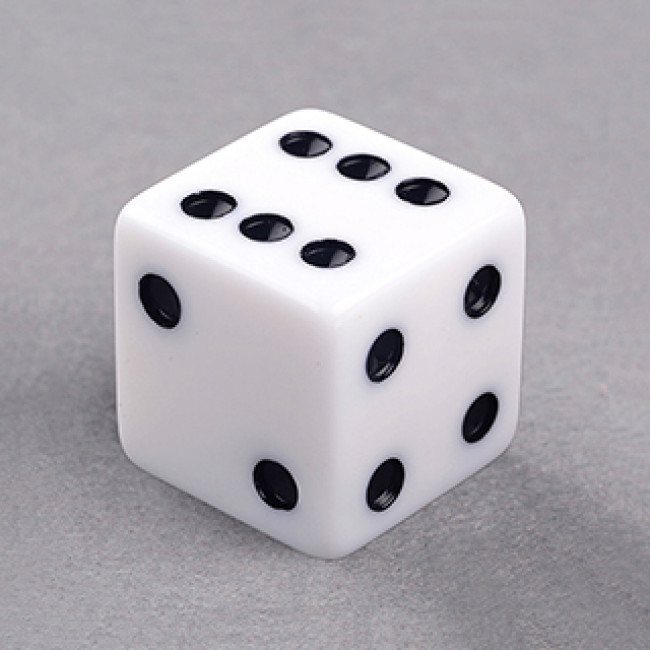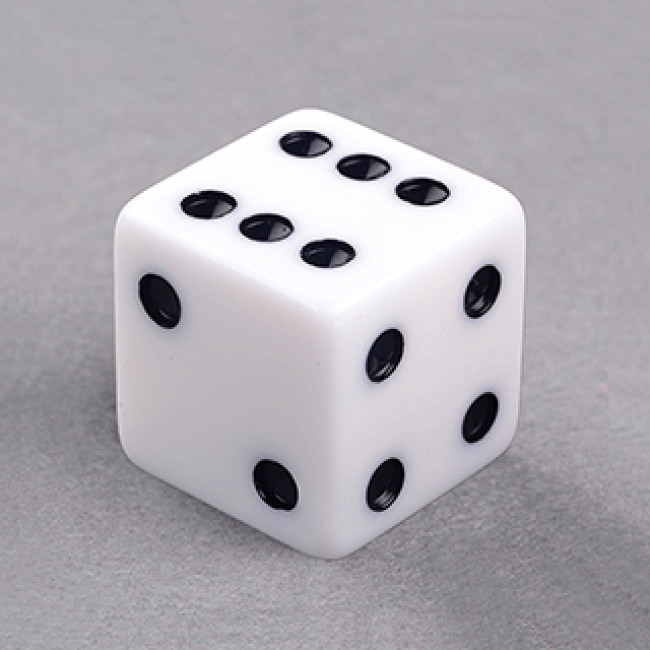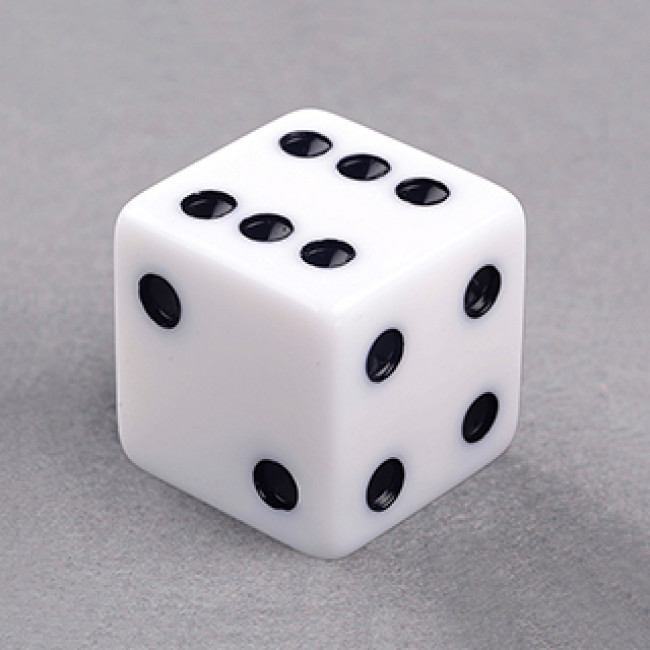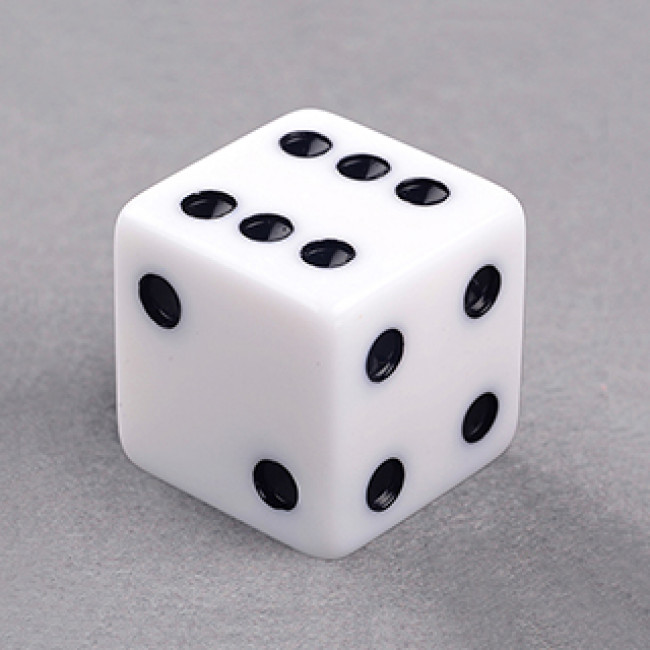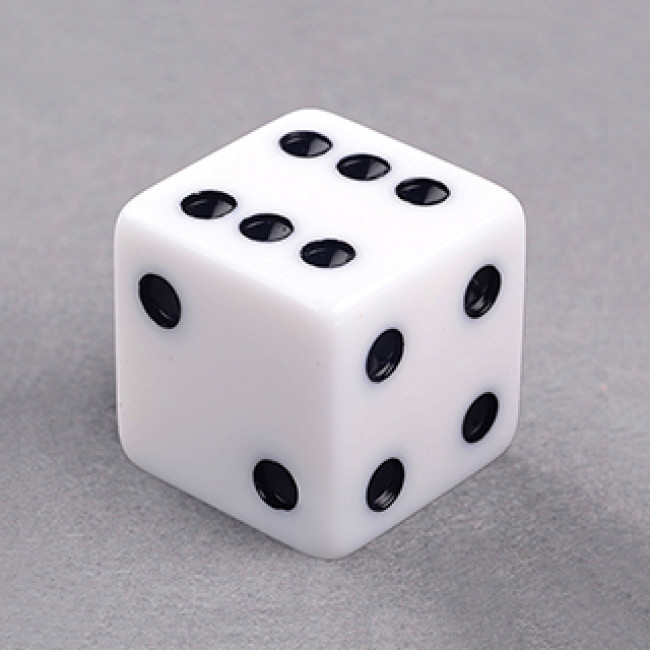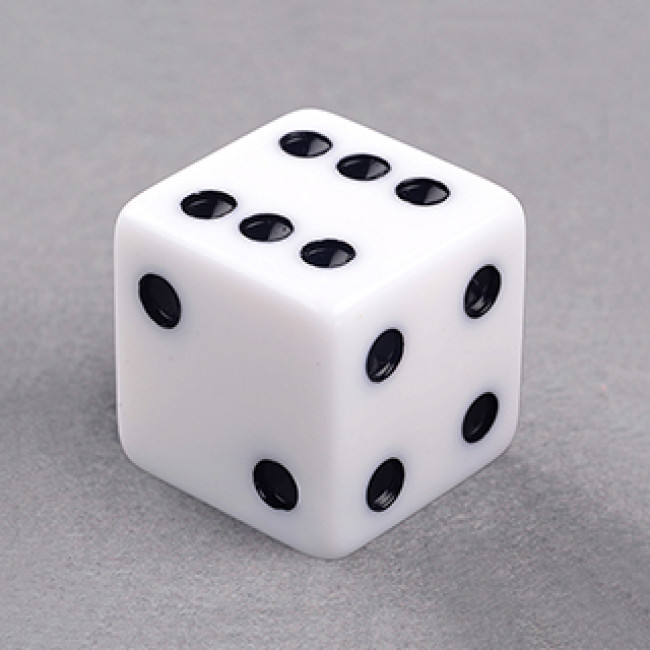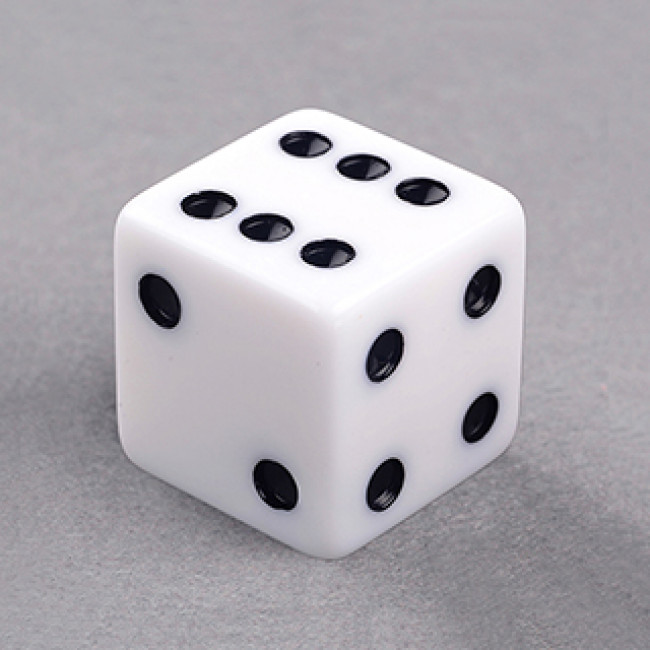Legal metrology and medical device regulatory certificates play crucial roles in ensuring consumer safety and promoting fair trade practices in India. Here's a detailed overview of the benefits associated with each:
Benefits of Legal Metrology
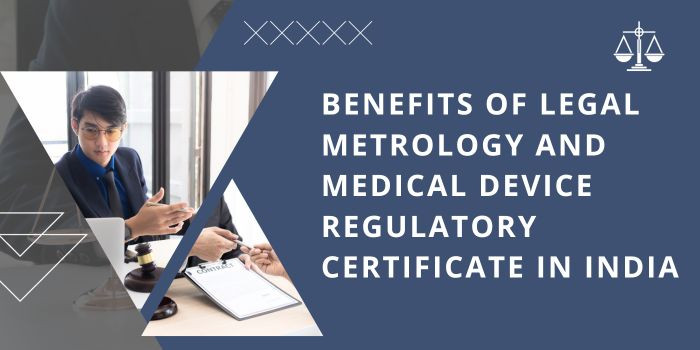
- Consumer Protection: Legal metrology regulations establish standards for accurate measurement and ensure that consumers receive the correct quantity of products they purchase. This safeguards consumers from unfair practices like underfilling or mislabeling of products.
- Fair Trade Practices: Legal metrology promotes a level playing field for businesses by ensuring that all manufacturers and sellers adhere to the same standards of measurement. This prevents businesses from gaining an unfair advantage by using inaccurate measurements.
- Transparency and Clarity: Legal metrology regulations bring transparency to the marketplace by clearly defining measurement units, standards, and labeling requirements. This helps consumers make informed decisions and promotes trust in the products they purchase.
- Government Revenue Generation: Legal metrology contributes to government revenue through excise duties levied on products based on their accurate measurement. This helps fund various public services and infrastructure projects.
- Reduced Technical Barriers to Trade: Harmonized legal metrology standards facilitate international trade by ensuring that products meet the same measurement requirements across different countries. This reduces technical barriers and promotes cross-border commerce.
Benefits of Medical Device Regulatory Certificate
- Patient Safety: Medical device regulatory certificates ensure that medical devices meet stringent safety and quality standards before being marketed in India. This protects patients from potential harm caused by faulty or ineffective medical devices.
- Improved Public Health: By ensuring the quality and safety of medical devices, regulatory certificates contribute to improved public health outcomes. Patients can access safe and effective medical devices for diagnosis, treatment, and monitoring of various health conditions.
- Trust in Medical Products: Regulatory certificates instill confidence in healthcare professionals and patients regarding the safety and efficacy of medical devices. This promotes informed decision-making and enhances patient trust in the healthcare system.
- Fair Competition in Medical Device Market: Regulatory certificates ensure that all medical device manufacturers and importers adhere to the same high standards of quality and safety. This promotes fair competition and prevents the entry of substandard or unsafe medical devices into the market.
- Global Market Access: Compliance with regulatory standards can facilitate market access for Indian medical device manufacturers in other countries. This can lead to increased exports and revenue generation for the industry.
In summary, legal metrology and medical device regulatory certificates play essential roles in protecting consumer interests, promoting fair trade practices, and ensuring the safety and quality of products in India. These regulations contribute to a more transparent, efficient, and trustworthy marketplace for consumers and businesses alike.
Why The Certificate Legal Metrology and Medical Device Certificate is Necessary?
Obtaining legal metrology and medical device certificates is mandatory for various reasons, primarily to protect consumer interests, promote fair trade practices, and ensure the safety and quality of products.
- Legal Metrology Certificate
- Consumer Protection: Legal metrology regulations safeguard consumers from inaccurate measurements and ensure they receive the correct quantity of products they purchase. This prevents unfair practices like underfilling or mislabeling of products.
Also Read - How To Get Divorce?
- Fair Trade Practices: Legal metrology promotes a level playing field for businesses by ensuring that all manufacturers and sellers adhere to the same standards of measurement. This prevents businesses from gaining an unfair advantage by using inaccurate measurements.
- Transparency and Clarity: Legal metrology regulations bring transparency to the marketplace by clearly defining measurement units, standards, and labeling requirements. This helps consumers make informed decisions and promotes trust in the products they purchase.
- Medical Device Certificate
- Patient Safety: Medical device regulatory certificates ensure that medical devices meet stringent safety and quality standards before being marketed. This protects patients from potential harm caused by faulty or ineffective medical devices.
- Improved Public Health: By ensuring the quality and safety of medical devices, regulatory certificates contribute to improved public health outcomes. Patients can access safe and effective medical devices for diagnosis, treatment, and monitoring of various health conditions.
- Trust in Medical Products: Regulatory certificates instill confidence in healthcare professionals and patients regarding the safety and efficacy of medical devices. This promotes informed decision-making and enhances patient trust in the healthcare system.
Overall, legal metrology and medical device certificates are necessary to:
- Protect consumers from unfair practices and inaccurate measurements
- Promote fair trade practices among businesses
- Ensure the safety and quality of products, particularly medical devices
- Foster transparency and clarity in the marketplace
- Enhance patient safety and improve public health outcomes
- Maintain public trust in the healthcare system and product quality
How I You Apply For Legal Metrology and Medical Device Certificate?
The application process for legal metrology and medical device certificates varies depending on the specific requirements of the regulatory body. However, the general steps involved are as follows:
Legal Metrology Certificate
Identify the Applicable Regulations: Determine the specific legal metrology regulations applicable to your products. This may involve consulting with a legal metrology consultant or reviewing the relevant regulations from the Department of Consumer Affairs, Food and Public Distribution (CA-FPD) in India.
Prepare the Required Documents: Gather the necessary documents, which may include:
- Application form
- Company registration documents
- Product specifications and drawings
- Test reports from an accredited laboratory
- Payment challan for registration fees
Submit the Application: Submit the application and supporting documents to the Director of Legal Metrology in your state or region.
Inspection and Verification: Upon submission, the Department of Legal Metrology may conduct an inspection of your premises and verify the accuracy of your measuring instruments.
Issuance of Certificate: If the application and inspection are satisfactory, the Department of Legal Metrology will issue the Legal Metrology Certificate.
Medical Device Certificate
Determine the Device Class: Classify your medical device according to the Medical Device Rules (MDR) 2017. This classification determines the regulatory pathway and documentation requirements.
Choose the Regulatory Pathway: Based on the device class, select the appropriate regulatory pathway, which may include:
- Self-registration for Class A and B devices
- Prior submission for Class C devices
- Pre-market approval for Class D devices
Prepare the Required Documents: Gather the necessary documents, which may include:
- Application form
- Company registration documents
- Device specifications and technical data
- Risk management documentation
- Clinical trial reports (if applicable)
- Manufacturing and quality control procedures
- Post-market surveillance plan
Submit the Application: Submit the application and supporting documents to the Central Drugs Standard Control Organization (CDSCO).
Review and Evaluation: The CDSCO will review the application and conduct a risk assessment of the device. They may also request additional information or clarifications.
Issuance of Certificate: If the application and review process are satisfactory, the CDSCO will issue the Medical Device Certificate.
Note that the specific requirements and procedures may vary depending on the type of product and the regulatory body involved. It is advisable to consult with a regulatory consultant or expert to ensure compliance with the latest regulations and guidelines.

